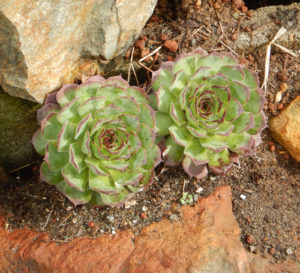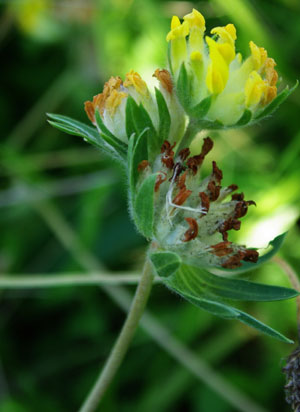Orange, Bitter (Poncirus trifoliata) seeds, organic [INTL NO]
$4.95
Please note: We sell only from the new crop.
Family: Citrus (Rutaceae)
Hardy to Zones 6-9.
(Bitter Orange, Hardy Orange, Trifoliate Orange, Japanese Orange) Thorny deciduous shrub growing to 9 feet tall, native to E. Asia, China and Korea. The plants grows well in full sun to part shade, preferring loose, sandy soils of medium moisture and tolerant of both acidic and alkaline pH. This is the most cold-hardy of all the fruit-bearing citrus trees. The fruits ripen very late in the year, and our first harvest generally occurs around Halloween. Dried peel of bitter orange is an ingredient in many herbal teas and makes a consummate after-dinner aperitif. Traditional use of dried bitter orange peel or cooked bitter orange fruit (TCM, TWM): Aromatic carminative, used as an ingredient in digestive bitters. The seeds have been stored cold and moist. Plant immediately to fast-draining medium and tamp securely, keep warm and in the light. Germination is relatively rapid. Work up seedlings in successively larger pots before transplant. The tree is extraordinarily thorny and makes an ornamental and very effective barrier hedge. The plant is also used as rootstock for grafting oranges, lemons and limes, conferring cold and disease resistance. Unless spacing closely for a hedge, space trees 15 feet apart.
Packet contains 5 seeds
10 g contains ~150 seeds
100g contains ~1,500 seeds
Certified Organically Grown

![Orange, Bitter (Poncirus trifoliata) seeds, organic [INTL NO]](https://strictlymedicinalseeds.com/wp-content/uploads/2023/12/Bitter_orange_drying_peels.jpg)
![Orange, Bitter (Poncirus trifoliata) seeds, organic [INTL NO] - Image 2](https://strictlymedicinalseeds.com/wp-content/uploads/2017/10/Bitter_orange_Poncirus_tri_fruits_500.jpg)
![Orange, Bitter (Poncirus trifoliata) seeds, organic [INTL NO] - Image 3](https://strictlymedicinalseeds.com/wp-content/uploads/2017/10/Bitter_orange_500.webp)
![Orange, Bitter (Poncirus trifoliata) seeds, organic [INTL NO] - Image 4](https://strictlymedicinalseeds.com/wp-content/uploads/2017/10/Bitter_orange_seeds_500.webp)
![Orange, Bitter (Poncirus trifoliata) seeds, organic [INTL NO] - Image 5](https://strictlymedicinalseeds.com/wp-content/uploads/2017/10/Bitter_oranges_with_seeds_500.webp)




Cheryl (verified owner) –
All 5 of them sprouted and grew. I fall planted them in the yard
Upvote if this was helpful (0) Downvote if this was not helpful (0) Watch Unwatch Flag for removal
Question
E –
Wondering about growing this here in a cold zone in Eastern CT. Maybe outside in summer and then inside for winter. In my asparagus question, I described my garage. I also have a sunroom with south and west facing windows – it was originally a slighty sunken porch. It is part of the house, but it doesn’t have any heat vents right in that room, so it is pretty cool at night in the winter. Thanks for your input
Upvote if this was helpful (0) Downvote if this was not helpful (0) Watch Unwatch Flag for removal
Richo Cech –
hello E. You can keep these as potted plants, they are quite adaptable that way. Richo
Upvote if this was helpful (0) Downvote if this was not helpful (0) Flag for removal